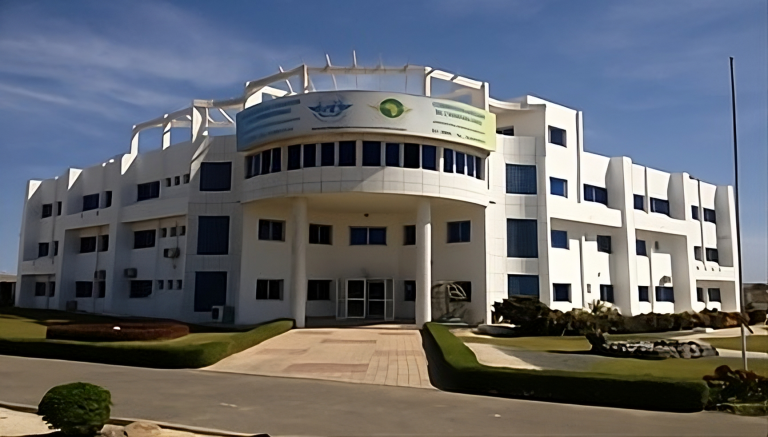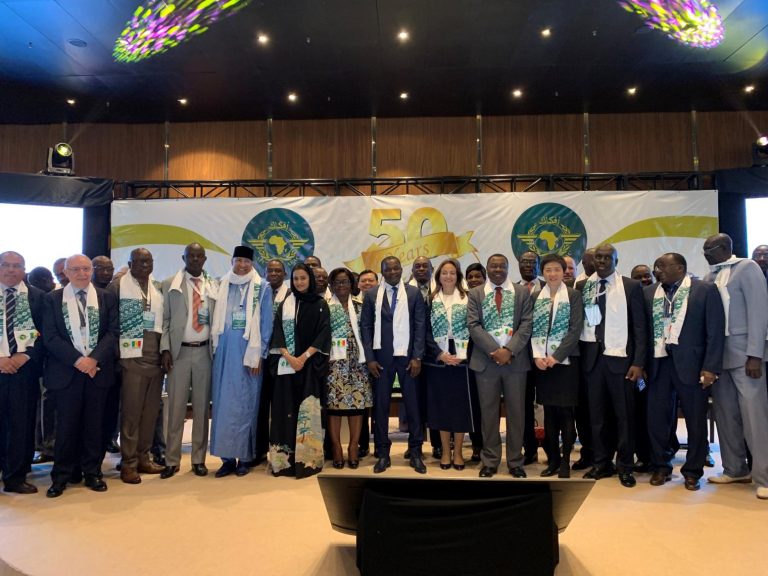The Yamoussoukro Decision (YD)
In 1988, African Aviation Ministers met in Yamoussoukro, Côte d’Ivoire, and crafted a vision for the African Aviation Industry, then known as the Yamoussoukro Declaration on a New African Air Transport Policy. Ten years later, the Ministers met again at the same venue and elaborated on concrete measures for ensuring the liberalisation of air transport markets in Africa through the Decision Relating to the Implementation of the Yamoussoukro Declaration concerning the Liberalisation of Access to Air Transport Markets in Africa, also known as the Yamoussoukro Decision (YD). The Decision was adopted by the Assembly of Heads of State and Government in July 2000, in Lomé, Togo [AHG/OUA/AEC/Dec.1 (IV)].
The Decision provides for the liberalisation of scheduled and non-scheduled air transport services within Africa and aims at removing restrictions on traffic rights, capacity and frequency between city pairs.
The YD has precedence over any multilateral or bilateral agreements on air services between State Parties and focuses on internal market liberalisation and fair competition as key development strategies while also addressing safety, security and environment challenges.
Unfortunately, several years after coming into force, the YD had not gained the expected implementation traction for a number of reasons, including: incomplete institutional and regulatory texts of the YD, differences in macro-economic policies and strategies among States, different levels of development and deep concerns of individual States’ interests, market position and the weak assurance of fair competition and a level playing field for both big and small airlines.
Safety, security, the environment and consumer protection were also seen as significant liberalisation challenges.
To address the incomplete Institutional, Legal and Regulatory Framework of the YD, the African Ministers Conference in 2007 empowered the African Civil Aviation Commission (AFCAC) to take on the responsibility of the Executing Agency for the implementation of the Yamoussoukro Decision. Since this time, the African Union Commission, the AFCAC Bureau and Secretariat have taken a number of measures to actualize the mandate.
Several regional and sub-regional measures have been initiated to advance the implementation of the YD. The sub-regional groupings such as the Economic Community of West African States (ECOWAS), The Banjul Accord Group (BAG), Common Market of Eastern and Southern Africa (COMESA), South African Development Community (SADC) and the Authorities et Malgache de l’Aviation Civile (AAMAC) were, and remain, involved in accelerating the implementation of air transport liberalisation, starting from their respective territories.

”“African unity will be built by frank collaboration, honest negotiation and democracy.””
Habib BourguibaFormer President of Tunisia
Overview of the Monitoring Body
The Monitoring Body (MB) of the YD, established under Article 9, is responsible for assisting the relevant Ministers as they work toward the full implementation of the YD and the realisation of the SAATM. The MB also offers insights into the level of functioning of the SAATM and offers advice on the effective operation across the market.
In this capacity, the MB has oversight and advisory responsibilities over the functioning of the SAATM and the role of facilitating the smooth operation of the market at a strategic level, in support of the Executing Agency.

YD Day
November 14
Annually AFCAC brings together distinguished participants from Africa, and beyond, such as African Ministers in charge of Aviation, Secretary General of the International Civil Aviation Organization (ICAO), the International Air Transport Association (IATA) Regional Vice President, Secretary General of the African Airlines Association (AFRAA), Secretary General of Airports Council International Africa (ACI-Africa) and other development partners, to make the YD Day Celebration. It is also celebrated at National and Regional Levels.
The day is marked with detailed presentations on the operationalization of the Executive Agency, the implementation status of the SAATM, and the sustainable development of Air Transport in Africa.



